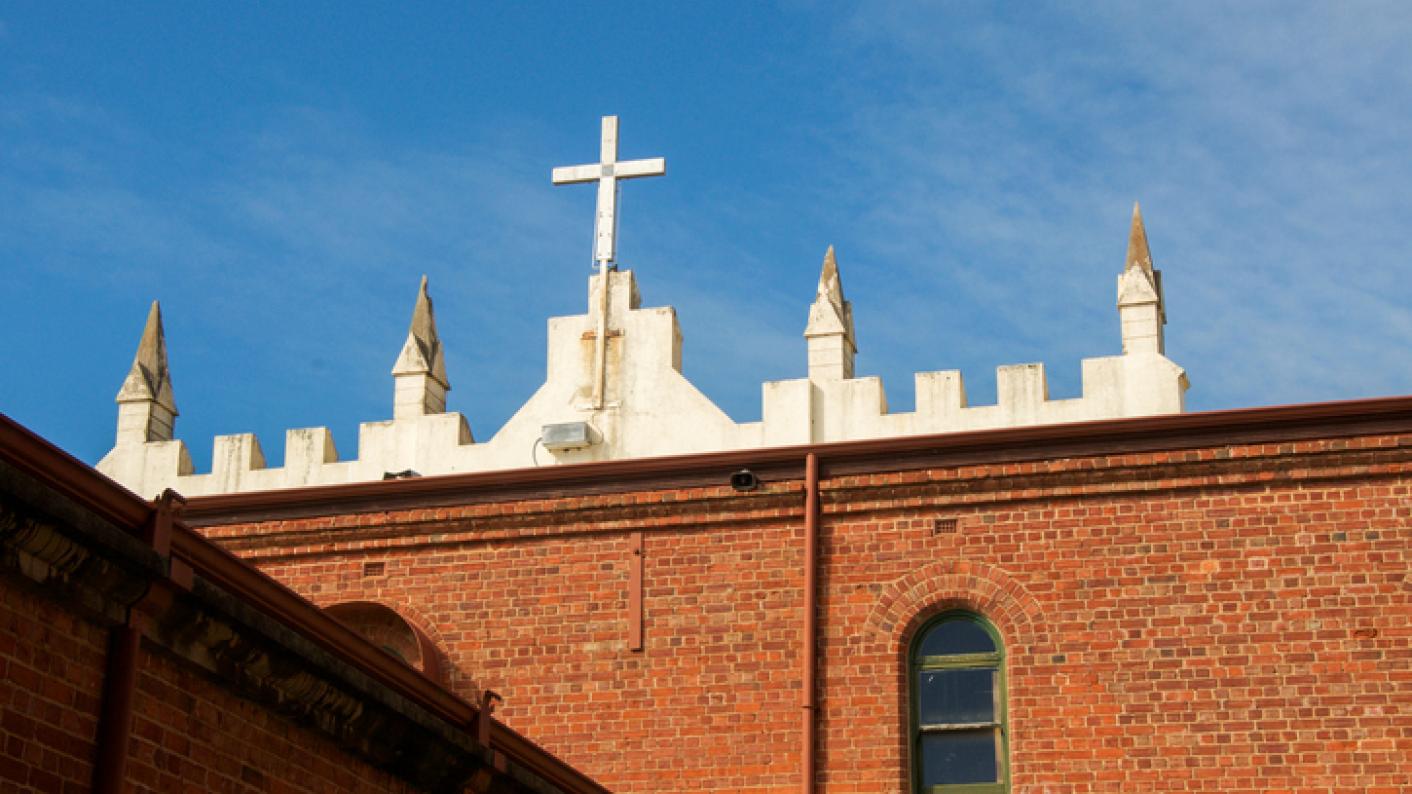Catholic schools make up a significant part of the education system with one in five Australian kids attending Catholic schools in 2016.
Catholic schools might not be quite what you expect, with children of all faiths and backgrounds attending. Smart Teachers QLD recruitment consultant Kayla Wilson says that in Catholic schools there is an emphasis placed on “personal and social development”.
Read our guide to teaching in an independent school
What is it like to work in a Catholic school?
Kayla says: “In my experience teaching across two dioceses and four different religious order schools, I’ve found that Catholic schools are places of close community, where those who seek a Catholic education are welcomed and accommodated regardless of their faith or family’s financial circumstances.
“Many students attending Catholic schools in Australia, may not necessarily be Catholic or even religious, with Catholic schools embracing young people from all walks of life – emphasising personal and social development. My experience of Catholic schools is one of inclusion, very different from the oft-seen ‘exclusive’ private school rhetoric.”
You will need to be accredited before you can start teaching in a Catholic school. The accreditation process will need to be completed with the relevant authority. On top of this accreditation, there are additional requirements that differ between the Catholic Education Office in each diocese.
Do you have to be a Catholic to teach in a Catholic school?
It is not as simple as a yes and no answer. In some areas of the country, you will need to be a Catholic to teach in a Catholic school. However, there are areas where this isn’t the case.
Even in those schools where being a Catholic is not a requirement, though you will be required to have knowledge of the church’s teachings.
For example, The Catholic Education South Australia (CESA) states teachers must show “adequate knowledge of the Catholic faith, tradition and practice to get accredited.”
“All teachers accepting employment in CESA are required to complete an Induction Module in their first year and within five years of accepting a permanent position, complete four semester-length approved tertiary units in Catholic Studies.”
The Queensland Catholic Education Commission criteria state: “In order to teach in a Catholic school, teachers need to develop their understanding of the Catholic Church and its mission in the world, and the contribution they make to that mission.
“Those appointed to teach in Catholic schools in Queensland are accredited for their understanding of the nature of the Church’s mission in the world, the identity and educational mission of the Catholic school within the mission of the Church, and their contribution as teachers to that mission.”
To find out more information on the criteria for teaching in the Catholic schools in your area visit the National Catholic Education Commission website.
Kayla explains how dioceses may differ throughout Australia: “Different Catholic religious orders and charisms found across the Catholic education sector may bring different traditions or ‘flavour’ in their approach to faith formation and schooling of young people. However, Catholic schools hold strong ties to Catholic social justice programs and community outreach.
“Catholic style religious education in Queensland promotes a vibrant faith formation program outside the classroom, while religious education classes are seen as an opportunity to understand and engage with all faiths, promoting interfaith dialogue and promote understanding of one another in a pluralistic society.
However, there are common goals among all Catholic schools, Kayla adds: “I can say that one of the common themes of Catholic schools is a drive to develop students into young people who are compassionate, contributing, life-giving members of society who are highly skilled, informed, tolerant, open and just.”
Case study: Jacqui McIlroy – Nazareth Catholic College, Adelaide, South Australia
Jacqui has been a teacher for a total of 16 years and has taught at Nazareth for the last nine, where she is Year 6 teacher three days per week and Primary College Learning Coordinator the other two days.
After finishing university she taught at a government school, Ridley Grove Primary school for four years. Jacqui says: “Ridley Grove has a very different socio-demographic area than Nazareth, so the challenges there provided me with a great foundation.
“I applied and won a contract position at my old primary school; Semaphore Dominican where I worked for 3 years, then I applied for a position at Nazareth, where I have been for the past 9 years. I became permanent at the end of my first year.”
There are differences between government and Catholic schools, she points out.
“The most noticeable things for me coming from a government school and a smaller Catholic parish school is the vision, mission and logo of a Catholic School are more than just an image or a slogan. They are all based around a person or people who once lived and modelled the values we stand for today (Jesus, Mary, Joseph)."
Other differences, she adds, are the “opportunities to live out the vision and mission of the school through prayer, liturgies, masses and staff retreats.
“Social justice and outreach program and the sense of community and interconnectedness, including the availability of community services and opportunities for parents and families to be involved in the life of the school.”
Sign up for job alerts to make sure you don’t miss out on your dream job
